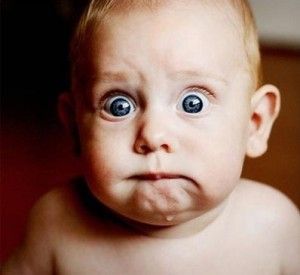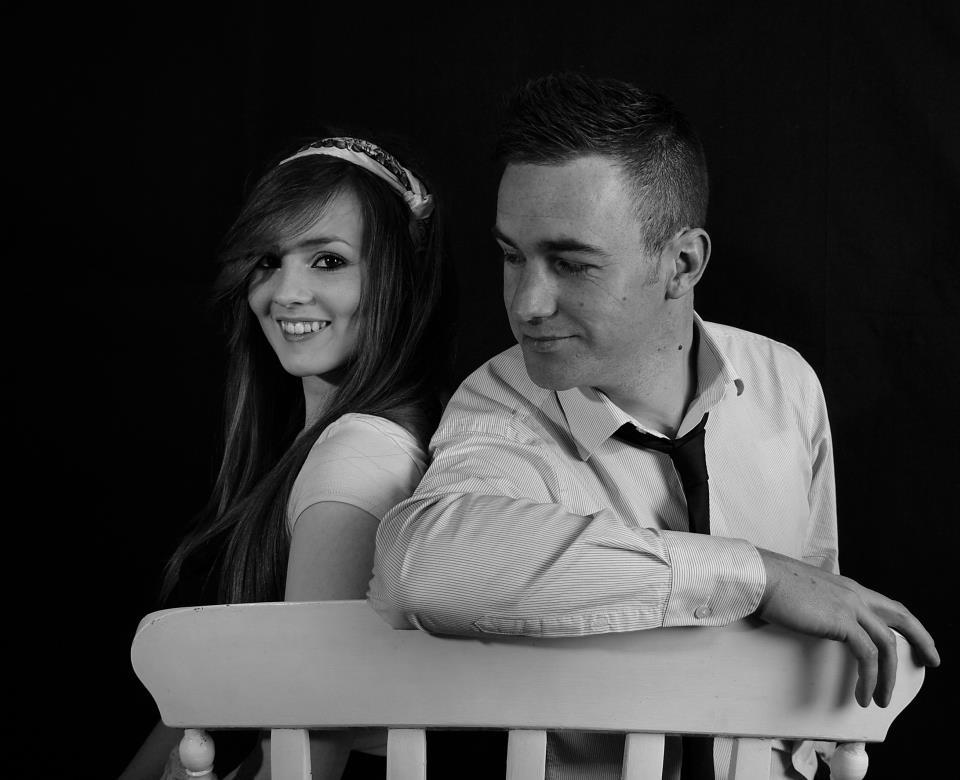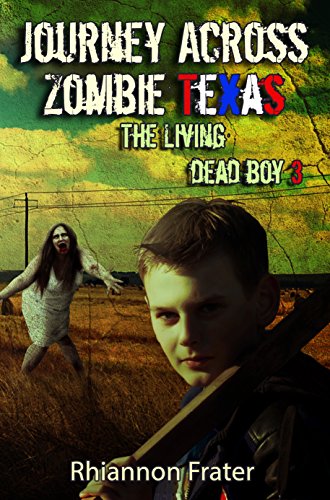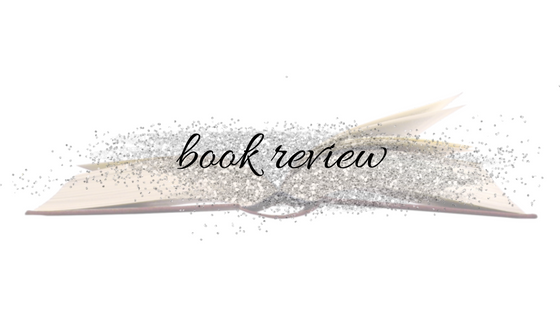Bloodborne is an undoubtedly brutal game. The world is lost, full of beasts and hunters locked in the seemingly endless cycle that “the hunt” has become. You stumble into this terrifying world seeking a cure for an unknown affliction, only to find yourself drawn into this cycle. But someone – or something – takes notice of you.
You stumble out of the dark clinic you awaken in. A huge, fiendish beast lies before you, tearing apart a mess of corpses on the floor. It turns on you and before you can react its jaws close on your throat. The blood flows out of your veins and you… die.
Then you awaken, not in the waking world, but in the Hunter’s Dream.

But what is this place? It is safe, but cold. It is full of the dead, we know, for it is indeed a graveyard. It looks almost like the waking world, but there is a surreal tone to it. It is a dream, one that you come back to every time you perish in the heartless reality outside.
The dream has just two inhabitants: the old hunter Gehrman, and the Doll. Gehrman is the first inhabitant we meet in the dream. We immediately get the impression that he has been in the dream for a long, long time. He is old and withered, so far gone that he can barely remember his own name, but he was once a hunter of beasts, and in fact that seems to be all he remembers. “Go and kill some beasts” he says, “it’s just what hunters do.”

Gehrman, once the First Hunter, who was there when the old blood was first discovered and used, and the hunt began for the beasts who arose from the use of the blood, is now just a dream. He was disappeared long ago, after he made a doll in the image of the one he loved but who never loved him, and – perhaps – a god took pity on him in his distress. But he is a tortured soul who never escaped the hunt, and his purpose seems to be to send more and more hunters into the fray and slay the beasts.
The Doll is an even stranger being.

She is really rather terrifying. She is the doll made by Gehrman, but filled with a strange power. The spirit beings she calls “little ones” serve at her beck and call. She is intimately linked with the blood echoes we collect and can turn them into power, but she gives that power to us. In fact, she says that she loves us. Despite her clear power, she will never turn on you, even if you strike her (it made me feel nauseous, but I tried attacking her, just for you guys).
If you’re like me, you eventually forget how disturbing the presence of a talking doll is. Her voice is calm and soothing. No matter how awful the death you suffered just moments ago, her presence makes the dream feel like a peaceful respite. Every time we leave, she says that she hopes we “find our worth in the waking world”.
The dream acts as a sanctuary for us, away from the blood and death, but we can never stay. Again and again we return, seeking yet greater beasts to slay and eventually even the nightmare gods themselves. That seems to be the dream’s purpose: to keep hunters returning to the hunt, no matter how many times they fall. In fact, we meet other hunters who know the dream: Eileen the Crow, and Djura of Old Yharnam. They both refer to “the dream” and “the little doll”, but both also make it clear that they no longer dream. They have somehow escaped (or been kicked out of) the dream and there is no coming back for them if they perish.
What really stands out to me is that the dream is obsessed with the past. It is a place of dead people, people who are long gone. The workshop that it centers on is the old workshop of hunters, before they were supplanted and forgotten. Gehrman is a relic of a way of doing things that failed. The Doll, whatever exactly it is (a god, a spirit, who knows?), represents a sort of failure, a regret of one man for the woman whose love he never received. The moon hangs low over it and the dream is melancholy, full of sadness and regret without a clear cause. Everything about it seems to want a do-over, another chance to try again and avoid the mistakes of the past, and that’s exactly what it allows us to do.
We are the good hunter, and we have a choice in front of us: escape the dream, embrace it, or defeat it. In my mind, this is what Bloodborne is really about. We have three choices at the end of the game, after all the horrors we have witnessed and overcome. The first is to allow Gehrman to take our life. This is the death that frees us from the dream and we awaken to a sunrise over the real world (which opens up a whole other can o’ worms about whether or not any of this is real, but that can o’ worms shall be opened some other day). The dream will end for us, but it still exists and we can only assume the cycle continues. Perhaps the sunrise is a lie, and night will soon follow. Maybe this is even the choice that Eileen and Djura made that allowed them to leave the dream.
The second choice is to fight Gehrman, who it turns out moves real fast for an old, one-legged gardener and will make you glad you’re not fighting him when he was in his prime. You slay him (eventually) and then probably the most grotesque, disturbing thing I have ever seen in a video game occurs: the moon presence, a hideous mass of tentacles, descends from the sky and grabs you in some sort of perverse embrace. The last thing you see is that you have taken Gehrman’s place at the Doll’s side, ready to send yet more hunters out into the nightmare of blood. The dream – I believe – is being used by the god-like moon presence to allow you to return to the hunt over and over again, gathering enough blood for the moon presence to feed upon, almost as if it is a parasite on the dream (it even looks kind of like a leech).
But it is possible to defeat the moon presence, and if you can, you yourself will become a great one, one of the gods. The Doll cradles you and says “Oh, good hunter”. And the cycle continues.
So, yeah, it was a trick question. I don’t think there is any escape from the dream in Bloodborne, which may be the most terrifying realization to be had in an already terrifying game.

The philosopher Bernard Williams wrote a brilliant yet troubling article called “The Tedium of Immortality”. It focused around an analysis of a German play which concerned a woman who was able to live forever, and yet had lost all hope and happiness. “Everything is the same” she says, “singing and silence”. Her greatest torment is in looking back on her regrets, and feeling that she will never progress or change.
The dream allows us to live forever, but it is not satisfying. Instead is like a summary of all our regrets. Like the Doll says, we seek our worth in the waking world. There the struggle in continues. In the dream we just look back on struggles that have already happened.
In this sense, I think that dream represents the way we look back on our own lives. We all have many regrets, and sometimes we get caught up in thinking about and cataloging them. But nothing is ever accomplished this way. We can draw determination out of our failures and our determination not to repeat them, but we can never move forward by lingering in the dream. We need to overcome the dream, accept reality, and embrace the struggle to move forward.
Williams posited that without death, without an end-point, everything in life loses meaning. You cannot count progress unless you have both an end and a beginning. Unlike the doomed protagonist of Bloodborne, maybe we are as Williams suggested, “lucky to die”.
P.S. Thank you so much for reading this extra-long article! Bloodborne is probably my favorite game of all time and I loved writing about it. The lore behind the game is absolutely massive, so unfortunately I ended up skipping quite a bit in this article, but if you are interested I hope you will give it a try yourself or watch one of VaatiVidya’s excellent lore videos. Thanks again!
Advertisements Share this:






